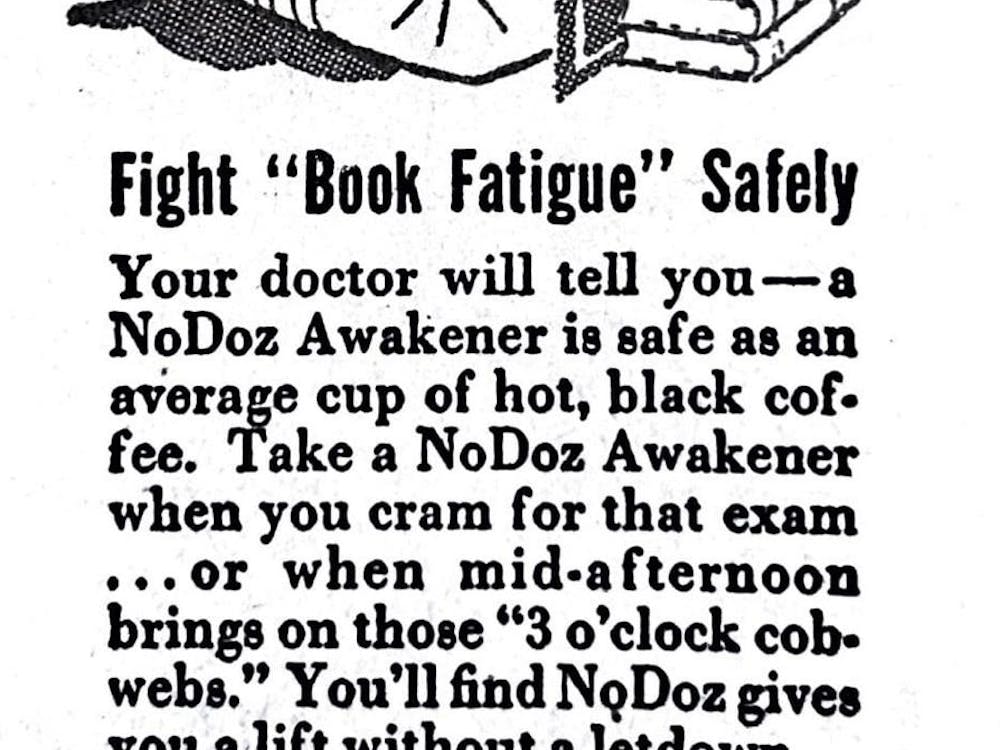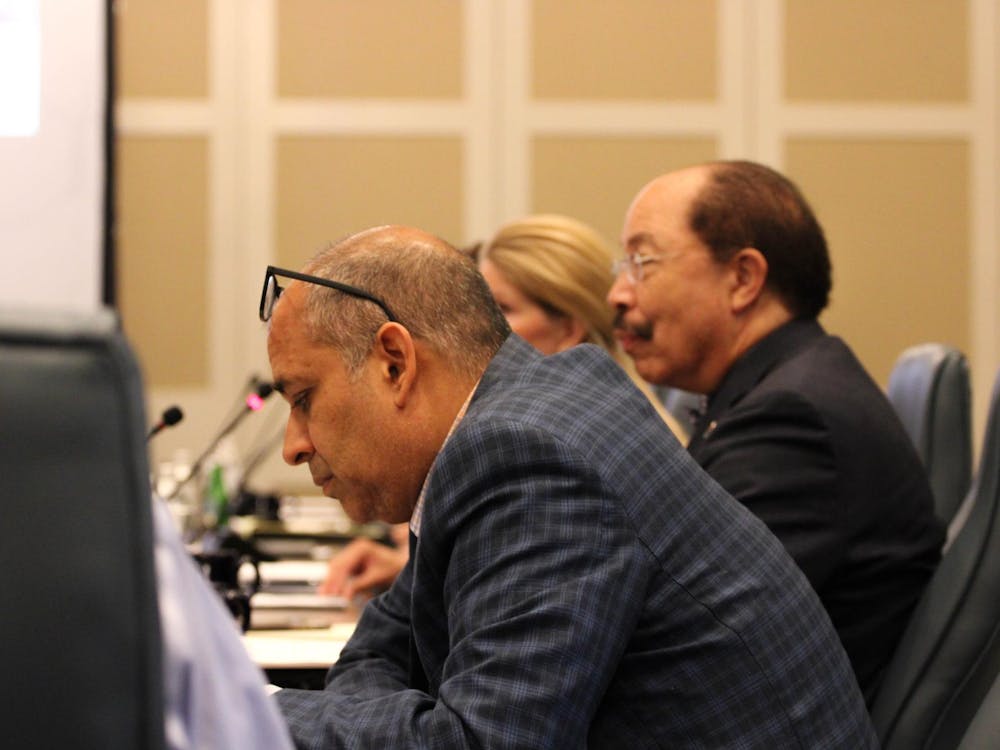The Honor Committee completed a nearly year-long, self review last night by completing four reports on 11 issues facing the honor system. The Committee's reports outlined possible options for improving the honor system but did not recommend or enact any changes.
The Committee began reviewing its constitution last spring after Board of Visitors members raised a number of concerns about the Committee and its procedures.
The previous Committee devoted most of their meeting time last spring to debating the issues before turning the problem over to the current Committee.
The Committee then divided into four subcommittees to further research the issues. The subcommittees presented reports last night outlining concerns and possible options the Committee can take to improve the system.
Committee Chairman Hunter Ferguson will present the four reports to the Board Friday during their fall meeting.
The meeting with the Board will serve "largely as an update of what we've done over the past four months," Ferguson said. "It's to let them know: these are the issues."
The reports hopefully will stimulate debate and lead the Committee to take action, he said.
"I think you will see some proposals in the coming weeks," he added. "We are now entering the second stage."
The reports will help bring the Committee up to speed on the complex problems it faces, Vice Chairman for Education Peter Leary said.
"Every year it takes the Committee a while to get a handle on the issues," Leary said.
The Committee reports touched on a wide range of issues including the single sanction, jury composition, the seriousness clause and the possibility of expanding the scope of the honor system.
The subcommittee reporting on the single sanction gave a summary of the recent events surrounding the issue and went into detail about advantages and disadvantages of the sanction.
The report said the single sanction -- where any student convicted of an honor offense is expelled -- is what allows the honor system to exist as a non-punitive system.
"Our role in a non-punitive system is not to punish infractions of the honor code but rather to preserve our community of trust; any sanction other than dismissal would constitute a punitive measure," according to the report.
The report also listed disadvantages to the sanction, saying it may result in fewer initiated cases and no chance for redemption. It reported the Committee could either keep the single sanction or propose a dual sanction or multiple sanction system similar to that of the University Judiciary Committee.
The Committee's report on trial composition also presented a range of options and suggestions, ranging from eliminating random student juries to moving to all-Committee panels or panels composed of both Committee members and random students.
The report stated positives of random student juries include increased perception of student "ownership" in the system, increased educational opportunity and a jury of peers. Possible disadvantages of random student juries are inconsistent verdicts in similar trials, less knowledgeable jurors and a slow processing time for cases.
The report also included an analysis on the possibility of expanding the scope of the honor system.
Now students only are subject to the honor system while they are within Charlottesville or Albermarle County, or when they represent themselves as University students. All members of the subcommittee on scope "felt that making scope universal was an option, but possibly an unworkable one," the report found. "Acquiring evidence and contacting witnesses would be especially difficult."
In releasing the reports last night, the Committee has kept pace with the goals outlined at the beginning of the year, Leary said.
"We're on schedule right now," he said.






